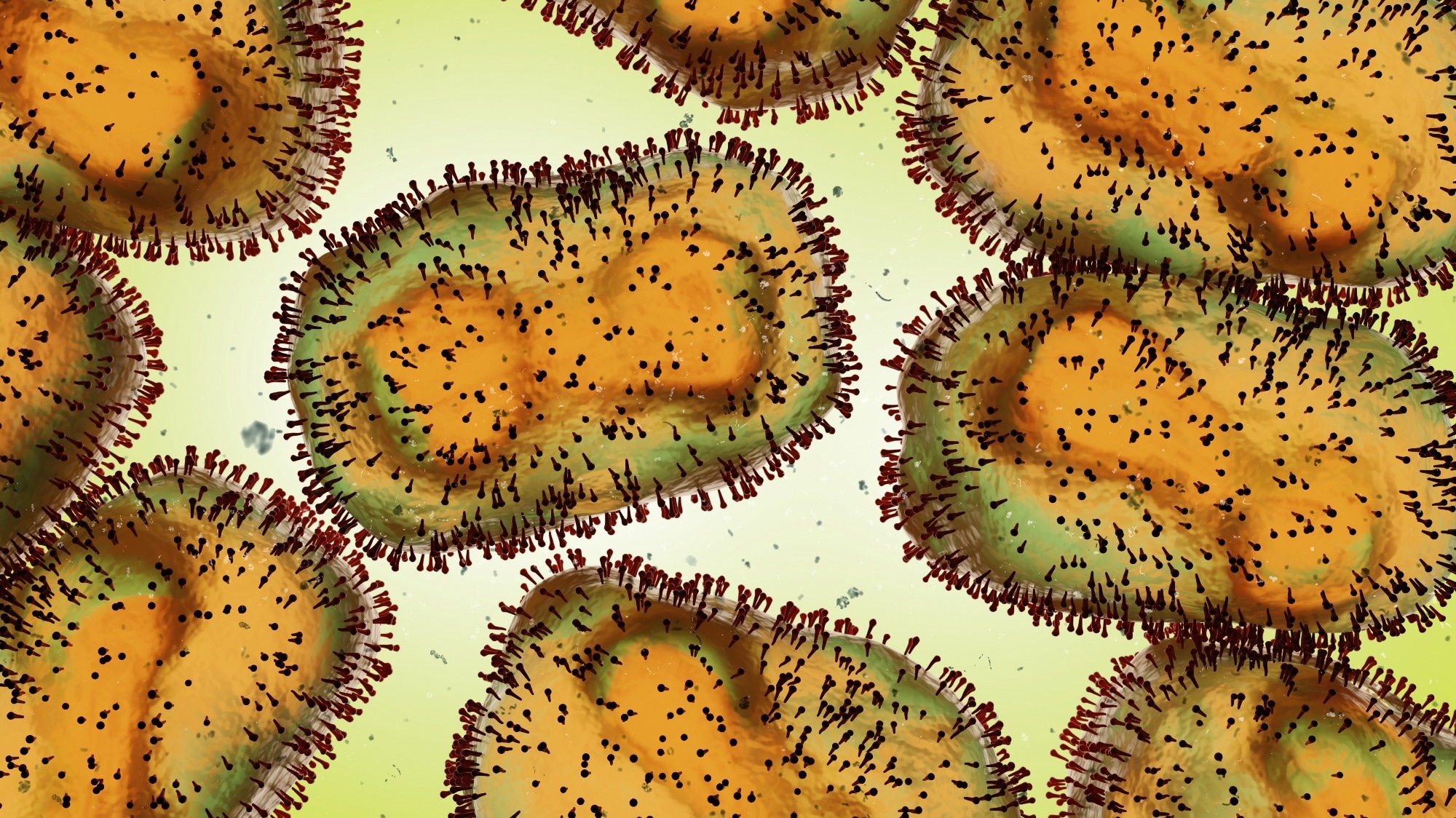A new article published in the journal Science by Nigerian scientists provides perspective on the consequences of neglecting a disease, anywhere, such as Monkeypox. As an orthopoxvirus, monkeypox virus (MPV) causes monkeypox (MPX), a zoonotic disease spread by some animals and humans.
 Perspective: Monkeypox: The consequences of neglecting a disease, anywhere. Image Credit: Dotted Yeti / Shutterstock
Perspective: Monkeypox: The consequences of neglecting a disease, anywhere. Image Credit: Dotted Yeti / Shutterstock
MPXV was discovered in 1958 during an outbreak at an animal facility in Copenhagen, Denmark. The first human cases were found in the Democratic Republic of the Congo (DRC) in 1970. The disease is now endemic in Africa and spreads mainly from animal reservoirs, although occasional human-to-human transmissions have also been documented.
Prior to the 2022 outbreak, human cases of MPV infection in the United States (US) were first reported in 2003. The spillover occurred from prairie dogs infected by imported rodents from Ghana. MPX infections had also been reported in Singapore and Israel. However, all infections were self-limiting and didn't lead to widespread outbreaks.
Early in May 2022, a British resident who had traveled to Lagos and Delta State in Nigeria, where monkeypox is considered an endemic disease, contracted monkeypox, was reported. After developing a rash in Nigeria on 29 April, the individual returned home to the United Kingdom on 4 May. Through the second half of May 2022, more cases were reported in countries outside the endemic area. Portugal reported 14 cases of monkeypox on 18 May. The Spanish government confirmed seven cases as of 18 May. The United States confirmed its first monkeypox case of 2022 on the same day, while Canada reported 13 suspected cases. As a result of its transmission among humans, MPX has become rampant in many non-endemic countries. More than 61,000 monkeypox cases have been confirmed in 104 non-endemic countries so far under the current outbreak. The majority of these cases have been reported in adult males aged 38 and older. The global outbreak of monkeypox in 2022 was estimated to have a reproduction number of 1.29 during the initial phase.
The monkeypox virus has two genetic clades – clade I (earlier called the Congo Basin clade) and clade II (earlier known as the West African clade). Clade II is categorized into two subclades – IIa and IIb. Clade I causes a severe form of the disease with a 10% case fatality rate (CFR). Since its first discovery in Africa, MPV infections have been documented in many other African countries.
Since 2022, MPX human infections have been reported in many non-endemic nations like Australia, Asia, Europe, America, Ghana, Benin, and South Africa. The infections are mainly caused by the Clade II of MPV, which had become more transmissible due to 50 single nucleotide polymorphisms (SNPs).
More intensive epidemiological studies are warranted to better understand the animal reservoirs of MPV and control the disease. Evidence suggests that the epidemiological aspects of human MPV infection in Africa have changed over the past three decades.
Recently, infections and deaths caused by Clade I in the Democratic Republic of Congo (DRC) have been on the rise bringing concern over their magnitude and frequency. However, only about 10% of the cases are clinically confirmed. Hence, the actual burden of the disease remains evasive. Nigeria has faced a similar situation since the 2017 resurgence – with the Clade II prevalence.
There is a disparity in attention provision and engagement of preventive and treatment strategies in non-African and African countries. The apparent selective attention provided to the non-African countries despite longstanding and continued MPV human transmissions in Africa highlights the global inequity in healthcare access and awareness. Furthermore, inadequate preventive, investigative, and therapeutic research-related engagements are also apparent in Africa's prior MPV outbreak-related response.
In order to curb MPV infections in endemic regions and prevent it from spreading elsewhere, a collaborative effort is warranted – aimed toward devising a global plan to identify MPV reservoirs and hosts, to better understand the epidemiology and transmissibility of the virus, and to developing affordable vaccines and drugs. The endemic countries should be imparted support by provision of sufficient infrastructure. Efforts should also be directed towards educating the public and communities about the disease and creating apt awareness regarding individual roles in preventing the spread of the virus.
MPV spread serves as a reminder that infectious diseases cannot be isolated to one region or country, and defensive measures should be taken to protect all, regardless of their regional differences. This warrants a cooperative effort from all countries to find solutions at national levels through the appropriate use of resources. In addition, the endemic regions must also deploy strategies to adequately utilize their resources to mitigate the disease – to control the disease independently and contribute to global disease control.